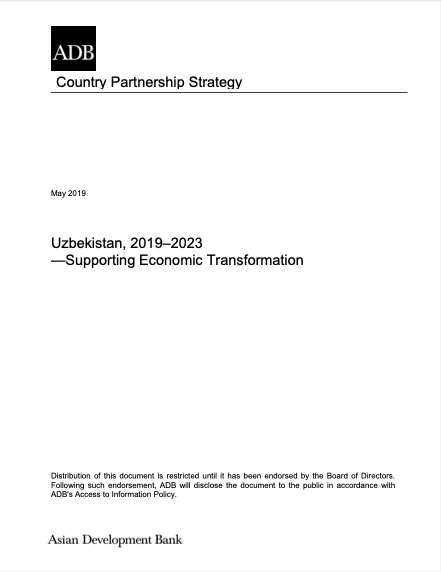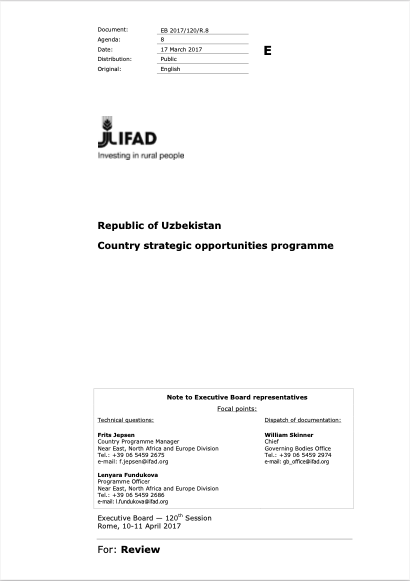Tajikistan: Country Situation Assessment
ABSTRACTED FROM INTRODUCTION:
The present Country Situation Analysis Report for Tajikistan is one of the key outputs of the PRISE inception phase (1 year). The main objective of the report is to summarise the current situation of
3 The overall program budget envelope is ca. 57 mln USD [Component 1: regional = ca. 20 mln, Component 2: national investment envelope = ca. 37 mln].
16 Tajikistan: Country situation assessment









